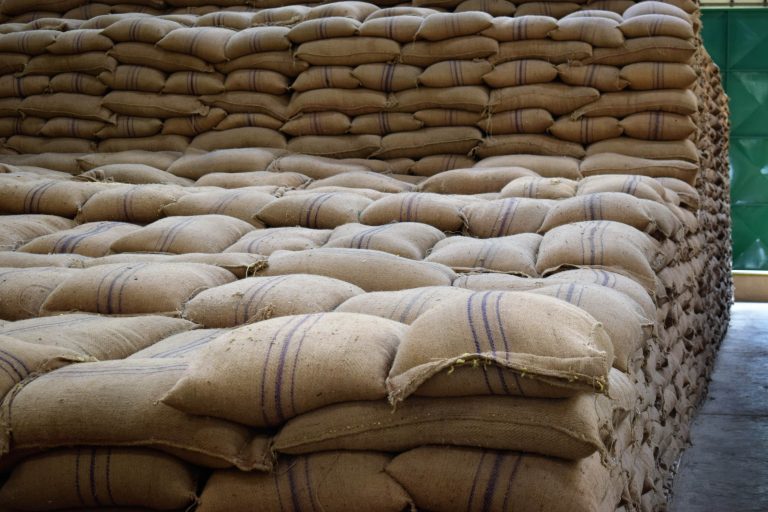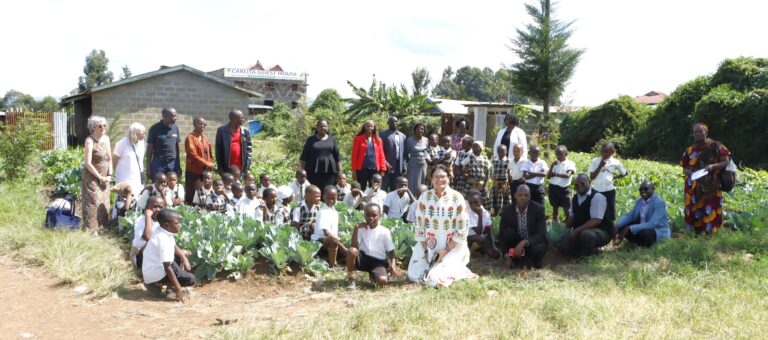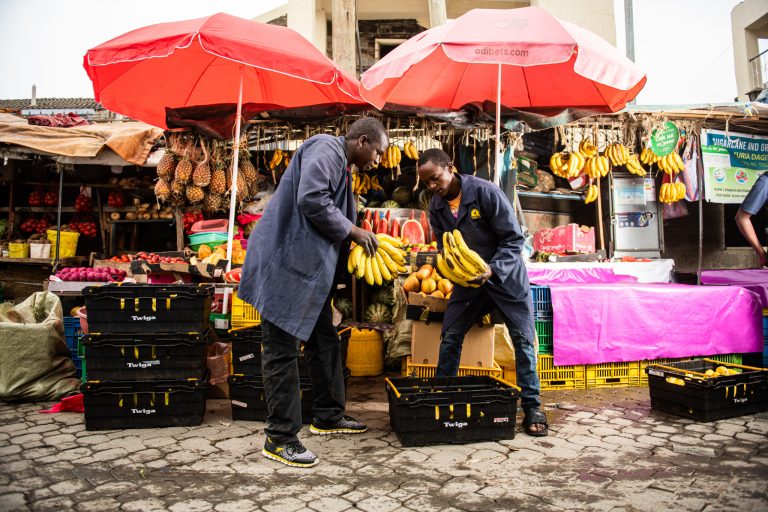by HENRY KINYUA
In the last one month, we have witnessed the deaths of some high-profile Kenyans due to cancer. As a result, the statement “Farmers are killing us with chemicals” has been on the tongues of many people. So, are farmers truly contributing to these deaths? To better understand this let’s delve into the chemicals that farmers apply on crops and the possibility of them indirectly poisoning human beings.
Crops, like human beings, get sick and require nutrition. Therefore, farmers use various chemicals, either organic or inorganic, to control diseases, minimize infestation and improve nutrition. Chemicals used in crops are categorized by the organisms they control or nutrients they provide. So, we have insecticides to control insects, fungicides to control fungal infections, herbicides to control weeds, bactericides (although not common) to control bacterial infections. We add fertilizers to provide nutrients to crops to supplement what is available in the soil or other growing media used.
Insecticides and other ‘cides’ are also generally referred to as Pesticides. Pesticides are of different categories or chemical classes and have different levels of toxicity. Therefore, if they are used incorrectly, they can cause poisoning that can lead to ailments. To prevent this, use of inputs in crop production has to follow the “4 Rs”.
That is: the Right chemical, used at the Right time, in the Right manner and applied in the Right doses. For this to happen, the farmer or his/her advisor must identify the pest early enough and establish the right control measure. If they choose chemical intervention, they must then get the right one, which can be an insecticide/fungicide or a bactericide. They must then identify the right time to apply it and choose the right method of application, for example, spraying the leaves. They should then pick the right equipment and measure the right dose. If they don’t do this, it can lead to human poisoning or environmental pollution.
Most importantly farmers must observe the Post-Harvest Intervals (PHI). This is the period that farmers must wait after applying chemicals before harvesting. This period is determined by how long it takes for the pesticide molecule to breakdown to levels that cannot cause any human poisoning. Different methods are used to measure this, but the most universally accepted one is the MRLs (Maximum Residue Levels) of a given chemical(s) that are allowed in food products. The European Union (EU) and Japan are very strict about this. Any product exceeding the set MRLs is destroyed. It is important to note that not all chemicals used in crops are carcinogenic (cancer-causing) and consuming crop products that have exceeded MRLs does not necessarily mean that it will cause illness. Additionally, various certification standards are introduced to ensure that the entire production process doesn’t encourage poisoning or pollution to occur at any point. This, as you might have noted, is a very technical process and farmers on their own don’t have the necessary skills to make these decisions. So, before we point our fingers at farmers, let’s look at the extension system in the country and see where the problem lies.












